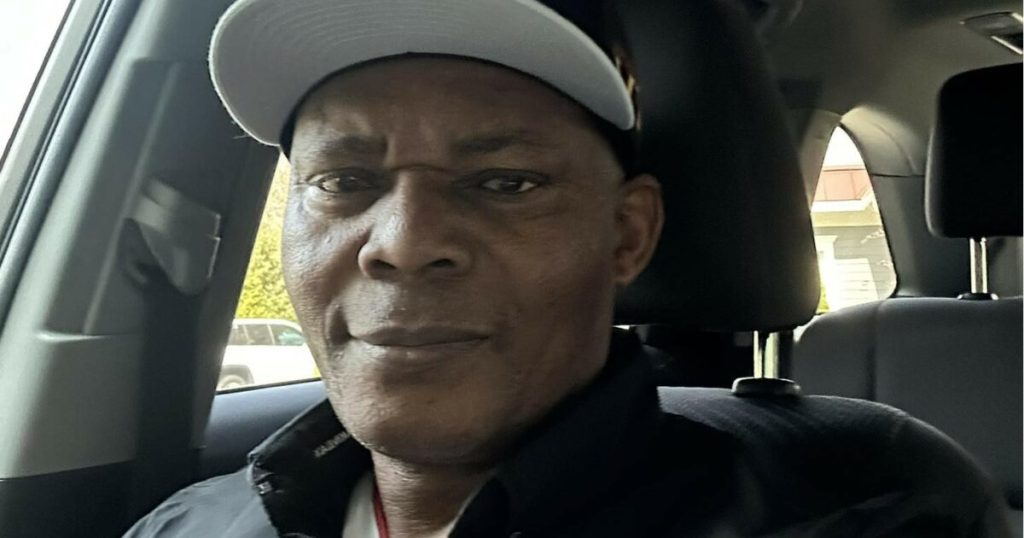Eleanya Ucheya, a Nigerian lifestyle content creator, has ignited a debate on social media by asserting that a life abroad with just $5,000 offers a higher quality of living than residing in Nigeria with N30 million. He posits that the volatile Nigerian economy, plagued by insecurity, unfavorable policies, and multiple layers of taxation, quickly erodes the value of N30 million. Conversely, $5,000, despite inflationary pressures abroad, retains more purchasing power and allows for access to better living standards and financial opportunities.
Ucheya emphasizes the vulnerability of wealth in Nigeria due to unforeseen circumstances. He highlights how a single fire incident, without insurance coverage, could wipe out a substantial amount like N30 million. In contrast, $5,000 abroad can serve as a down payment for a vehicle, allowing individuals to leverage financing options like loans or leases to acquire assets. This illustrates the accessibility of consumer goods and financial instruments in developed economies compared to the limitations faced by individuals in Nigeria.
The content creator further criticizes the burdensome tax system in Nigeria, where businesses face demands from various levels of government, including state, local, and informal levies from non-official entities. He paints a picture of relentless financial pressures, mentioning informal taxes collected by individuals referred to colloquially as “agberos,” and the constant demands from law enforcement. Even seemingly simple tasks like paying for children’s education become convoluted with additional expenses for private tutors and their upkeep.
He contrasts this with the relative stability and predictability of expenses abroad, suggesting that $5,000 offers a greater sense of financial security and allows for better planning and allocation of resources. Ucheya’s argument centers on the idea that while N30 million may seem like a significant sum, its value is constantly threatened by economic instability, security risks, and an unpredictable business environment. In a more stable economy, even a smaller amount like $5,000 holds its value and provides a foundation for building a more secure and predictable life.
Ucheya’s assertions have sparked a lively discussion on TikTok, with some users agreeing with his assessment, while others counter that N30 million, if managed wisely, is sufficient to establish a comfortable lifestyle in Nigeria. This divide in opinions reflects the complexities of comparing living standards across different economic contexts. While $5,000 may not offer long-term financial security abroad, it arguably provides a more stable starting point in a predictable economic environment compared to a larger sum in a volatile economy like Nigeria’s.
The debate highlights the significant impact of economic stability, security, and policy on the perceived value of wealth. While N30 million represents a considerably larger sum than $5,000, Ucheya’s argument focuses on the relative value of money within its specific economic context. He underlines the challenges of navigating an unpredictable economic landscape, where even substantial wealth can be eroded by various factors, including inflation, insecurity, and an inefficient tax system. Ultimately, the discussion brings to the forefront the importance of considering not just the amount of money but also the economic and social environment in which it is held when assessing financial well-being.


